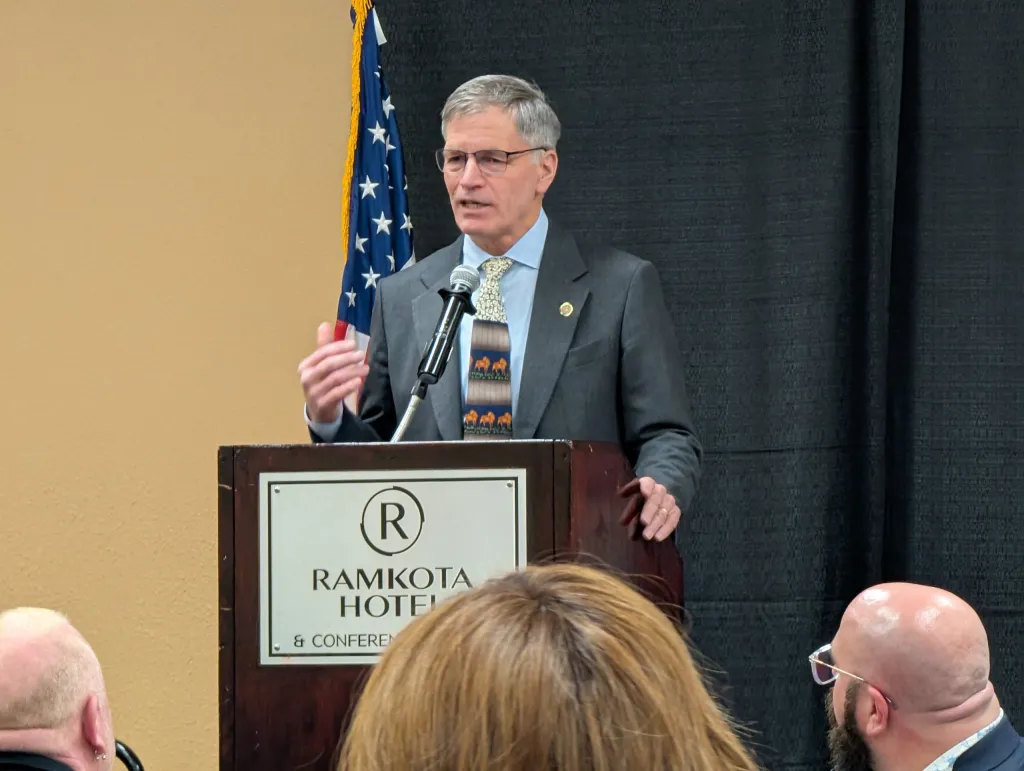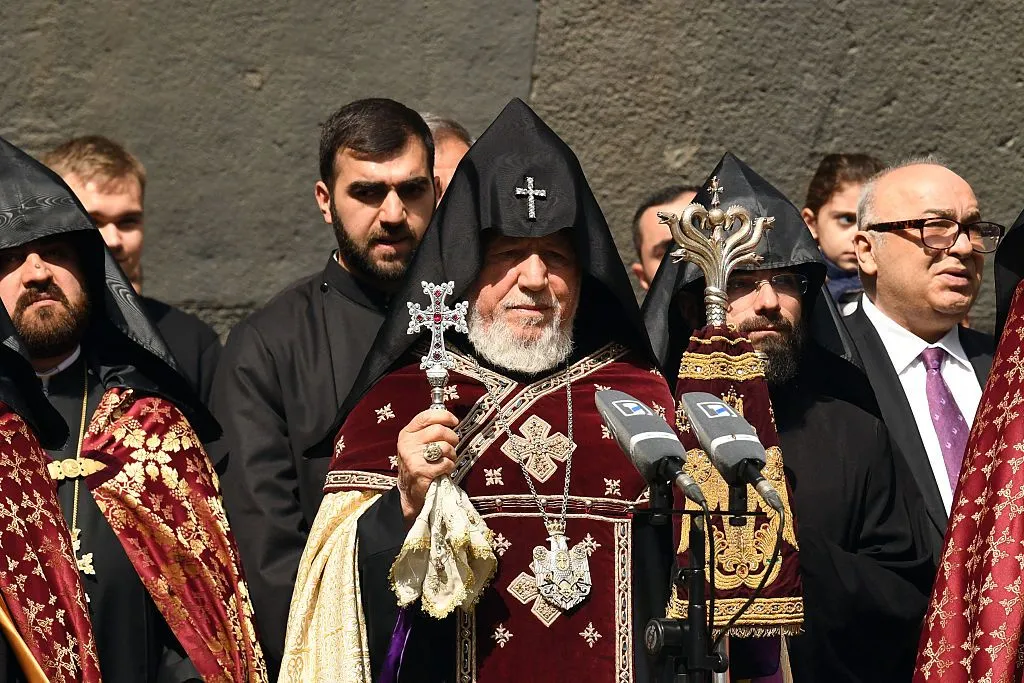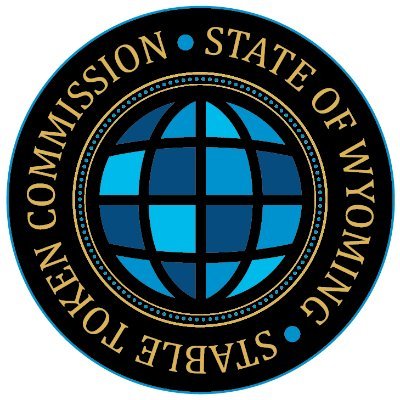Wyoming’s development of the WYST stablecoin, which recently entered its testing phase across multiple blockchain networks, has raised concerns among some Republican lawmakers.
While the initiative is positioned as a groundbreaking step in blockchain innovation, the state’s new project has sparked debates over its potential implications for digital currency regulation and its similarities to a Central Bank Digital Currency (CBDC).
The Wyoming Stablecoin, WYST, was officially announced in March 2025 at the DC Blockchain Summit. Anthony Apollo, the executive director of the Wyoming Stable Token Commission, detailed how the state’s stablecoin had begun testing on a range of blockchain platforms, including Avalanche, Solana, Ethereum, and others. He emphasized that WYST is the first stablecoin in the US to be issued by a public entity, backed by fiat currency and fully reserved. Apollo noted that the coin’s design aims to enhance financial transparency, drive economic growth, and meet legislative requirements for multi-chain stability.
Despite its promise, the announcement was met with scrutiny from senior Republicans, who raised concerns about its potential to evolve into a de facto CBDC. Central bank digital currencies are seen by many within the party as a threat to individual privacy, as they would enable governments to have more control over financial transactions. This perception has led to opposition against initiatives resembling CBDCs, which could enable tracking and freezing of funds by central authorities.
Among the critics, US House Majority Whip, Republican Tom Emmer, expressed his opposition to government-issued tokenized currencies. He argued that WYST could be considered a CBDC at the federal level, a point that resonated with several Republican figures who are adamant about limiting government intervention in private financial affairs.
In response to these concerns, Apollo has made it clear that Wyoming’s stablecoin is not a CBDC. He emphasized that Wyoming is not a central bank and that WYST would be fully compliant with state law, without posing any risks to user privacy. Apollo also highlighted the importance of developing transparent and secure systems to handle any data involved with WYST’s operation, reassuring stakeholders that data collection would be limited and regulated.
Governor Mark Gordon, who has been a vocal supporter of blockchain innovation in Wyoming, also participated in the announcement, defending the state’s leadership in digital asset regulation. He highlighted the economic potential of WYST, pointing to its overcollateralization with cash and US Treasury bonds to ensure its stability and financial returns for state education funds.
However, the controversy surrounding WYST raises critical questions about the line between public-backed stablecoins and CBDCs. As Wyoming continues to develop this multi-chain stablecoin, it may set a precedent for other states and challenge the direction the federal government takes in regulating digital currencies. The project’s test phase, slated to continue until mid-2025, will be a pivotal moment in the ongoing debate over the future of digital currencies and blockchain technology in the US.
Wyoming’s focus on blockchain and cryptocurrency legislation has made it a leader in the field, with several new bills this year aimed at expanding the state’s involvement in digital assets. While some, like HB 264, have focused on prohibiting CBDCs, others such as HB 201 and HB 308 continue to push Wyoming’s agenda of embracing cryptocurrency and ensuring that the state can operate independently of federal regulation.
With input from Cowboy State Daily and PANews.










The latest news in your social feeds
Subscribe to our social media platforms to stay tuned